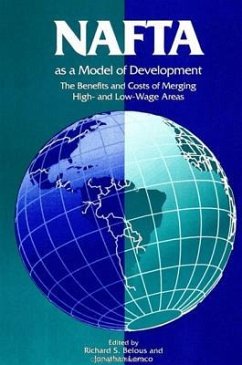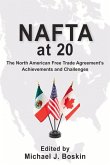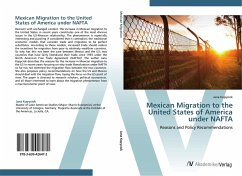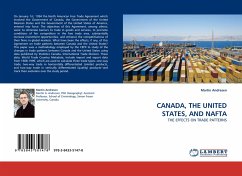This book discusses the North American Free Trade Agreement (NAFTA) in terms of its implications for job creation, reduced tariffs, and increased investment. Although the regional trading blocs merging in Europe, North America, and East Asia differ strikingly, there is one basic feature common to each--the formation of regional trading blocs involves a uniting of high- and low-wage areas. The authors address this issue directly, questioning whether NAFTA will promote upward or downward convergence of compensation rates, unit labor costs, and benefit levels. Equally important, they consider whether this trading arrangement will promote economic growth, investment, and efficiency. Viewpoints from the U.S., Canada, and Mexico and from the business and labor communities are included.








